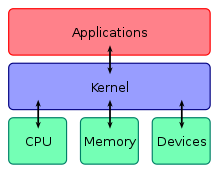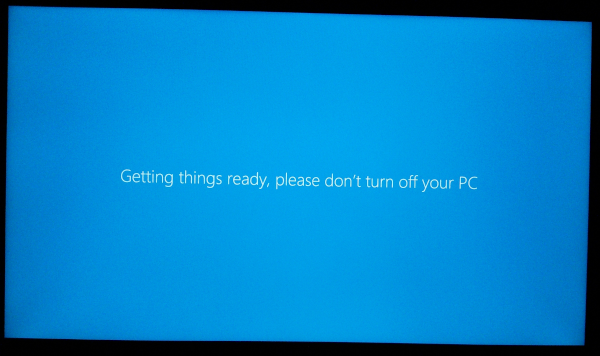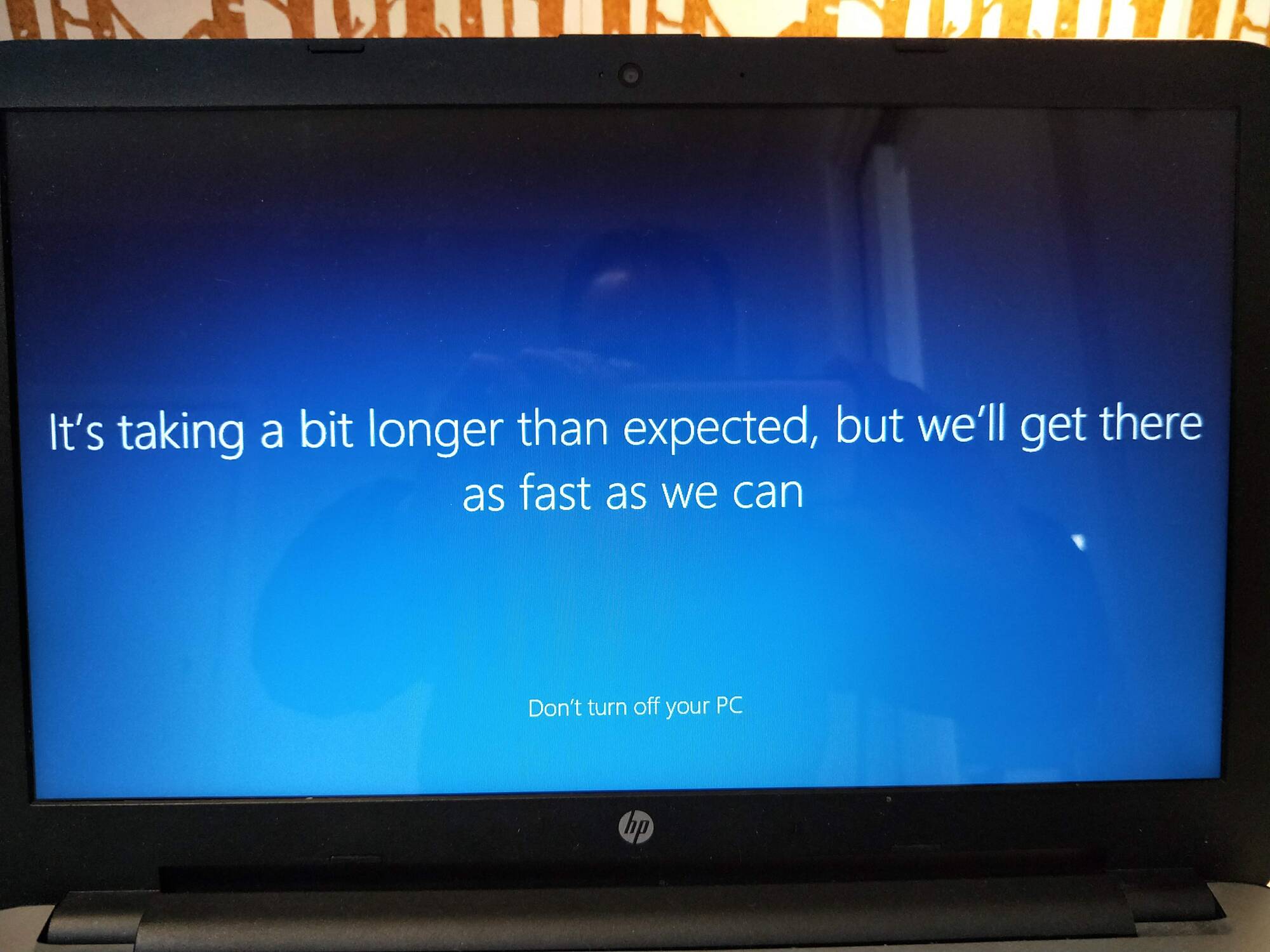ManofGod
[H]F Junkie
- Joined
- Oct 4, 2007
- Messages
- 12,863
You mean signs such as firing the whole QA team for Windows? How about all the talk about a new filesystem since at least XP which still hasn't really manifested? Maybe the fact that what new filesystem they did come up with they had to pull from Win10 because it was a dumpster fire? The fact that MS seems to ignore so many of the bug reports and issues pointed out by those not even being paid to test the OS. Almost every single patch breaking something and even reverting previous updates which fixed things. Each major update causing widespread problems across a number of different systems. Effectively dropping the "agile" system of frequent updates because they would break more than they fixed and introduced even more problems into the mix. "Major" updates which bring little more than new "features" absolutely no one wanted or asked for. The fact they still haven't been able to deprecate the Control Panel even years after releasing the Settings panel. Continually porting more and more of their own software to Linux.
Every single one of these things points a specific direction. You don't fire your QA team and continually remove resources away from a project your are actively trying to develop and expand. Practically every single decision the CEO of Microsoft has made since he started has been to move away from the OS business. He's seen a lot more money to be made in other areas and very likely understands that Windows is doomed no matter what. It's a badly aged pile of code no one is capable of properly understanding or working on which sucks up money and resources for no good reason.
I'm not the one indulging in wishful thinking. I can point to the choices and decisions made by the CEO of Microsoft to indicate the direction of Windows as an OS. If you're interpreting his actions and decisions differently I'd love to see your explanations and interpretations of them and the logic behind your reasoning.
LOL!
Or how most all hardware and software produced is Windows first and sometimes Windows only. Or how the OS is predominately used in internal corporate and small business networks. Or how Windows is all you see sold on laptops and desktops unless you special order.
Or how all PC games are made for Windows, including Steam games.
Last edited:
![[H]ard|Forum](/styles/hardforum/xenforo/logo_dark.png)



